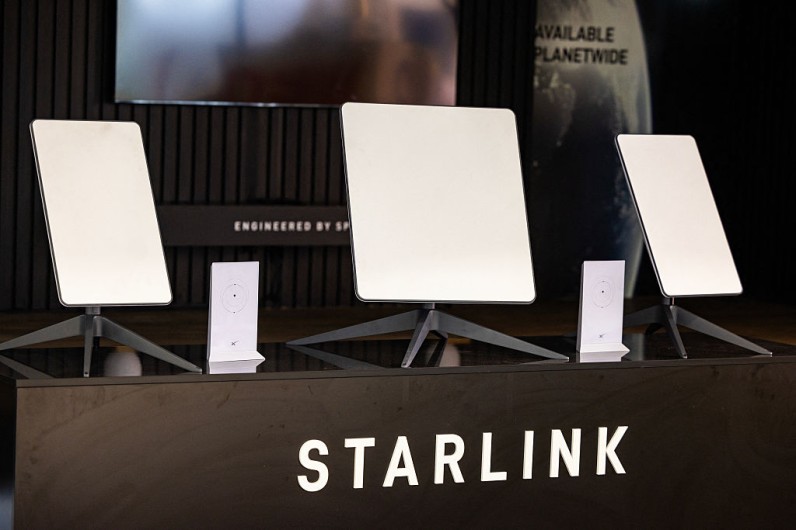
Starlink, SpaceX's popular satellite internet service, experienced a major outage on Thursday, July 24, leaving tens of thousands of users offline for more than two hours.
The service disruption began around 3 pm ET and affected people in the US, Europe, and even parts of Africa.
The company later confirmed the problem was caused by a failure in its internal software systems.
"This was due to failure of key internal software services that operate the core network," said Michael Nicolls, Starlink's Vice President of Engineering, in a post on X (formerly Twitter). "We are working hard to find the root cause and make sure it doesn't happen again."
According to outage tracking site Downdetector, more than 60,000 users reported losing service during the peak of the outage.
Users across Colorado, Germany, and Zimbabwe reported issues connecting to the internet. For many, the Starlink website also stopped working, showing a "no healthy upstream" error.
According to InterestingEngineering, Elon Musk, the CEO of SpaceX, also apologized to customers on X. "Sorry for the outage. SpaceX will remedy root cause to ensure it doesn't happen again," he wrote.
Starlink is currently in a network outage and we are actively implementing a solution. We appreciate your patience, we'll share an update once this issue is resolved.
— Starlink (@Starlink) July 24, 2025
Outage Hits Starlink's 6M Users Across 140 Countries
The service came back online after about 2.5 hours, but the incident raised concerns about the reliability of a system now used by over 6 million people across more than 140 countries.
Doug Madory, an expert from internet analysis company Kentik, called it one of Starlink's most serious outages to date, Reuters said. "This is likely the longest outage ever for Starlink, at least while it became a major service provider," he said.
Some experts believe the outage may have been caused by a bad software update—something similar to a recent CrowdStrike issue that caused global IT problems.
Gregory Falco, who leads a space and cybersecurity lab at Cornell University, said a cyberattack could also be a possibility, though there's no evidence of that yet.
Starlink is known for providing fast internet in rural or remote areas where traditional options are limited.
SpaceX has launched over 8,000 satellites since 2020 and recently partnered with T-Mobile to build a new service called "Direct to Cell," which lets smartphones send emergency texts without cell towers.







Join the Conversation